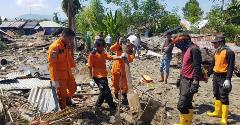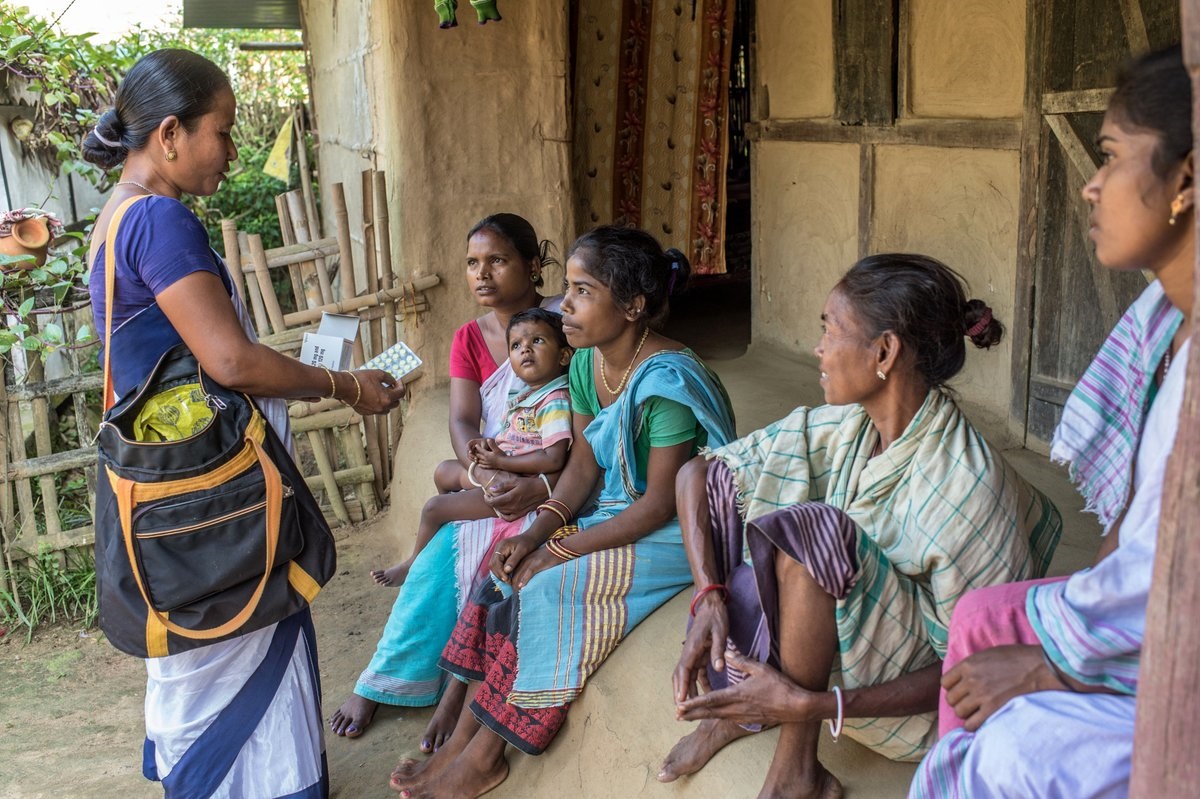
Support for monitoring of the Code of Marketing for Breast Milk Substitutes
Overview
Global marketing of breast-milk substitutes contributes to the reduction of exclusive and sustained breastfeeding. The World Health Assembly adopted the International Code of Marketing of Breast-milk Substitutes (the Code) over three decades ago to protect and promote breastfeeding, through the provision of adequate information on appropriate infant feeding and the regulation of the marketing of breastmilk substitutes, bottles and teats. In subsequent years additional resolutions have further defined and strengthened the Code. The Code represents an expression of the collective will of governments to ensure the protection and promotion of optimal feeding for infants and young children. In the WHA resolution that adopted the Code, Member States were urged to translate the Code into national legislation, regulation or other suitable measures and monitor its implementation.
The Regional Office supports Member States to legislate the Code of Marketing of Breast Milk Substitutes and implement the Code through use of NetCode protocols to enhance monitoring of the Code and thereby support breastfeeding.
Key facts
- Eight of the 11 countries in WHO South-East Asia Region have legislated the Code of Marketing of Breast Milk Subsitutes. Among these, five Member States have full provisions in law of the Code of Marketing of Breast Milk Substitutes, while three Member states have many provisions in law. Three Member States have no legal measures, but two of these have regulatory provisions. [country information at https://www.who.int/nutrition/netcode/Annex2_provisions.pdf?ua=1]
- While legislation on the Code exists, in many countries, impelmentation challenges remain. WHO works with Member states to improve monitoring of the Code to support robust implementation of the legislation through NetCode, a network for Global Monitoring and Support for Implementation of the International Code of Marketing of Breast-milk Substitutes and subsequent relevant World Health Assembly Resolutions.
- The goals of NetCode, led by WHO and UNICEF is to strengthen Member States and civil society capacity to monitor the International Code and relevant WHA resolutions; and to facilitate the development, monitoring and enforcement of national Code legislation by Member States bu bringing together a group of committed actors to support these processes.
- WHO SEARO is working with WHO country offices and other partner agencies to support country implementation and monitoring of the Code of Marketing for Breast Milk Substitutes and subsequent resolutions through the use of NetCode Protocols and the revamping of the Baby Friendly hospital Initative. Bangladesh, India, Sri Lanka, Thailand and Timor Leste are being supported.







